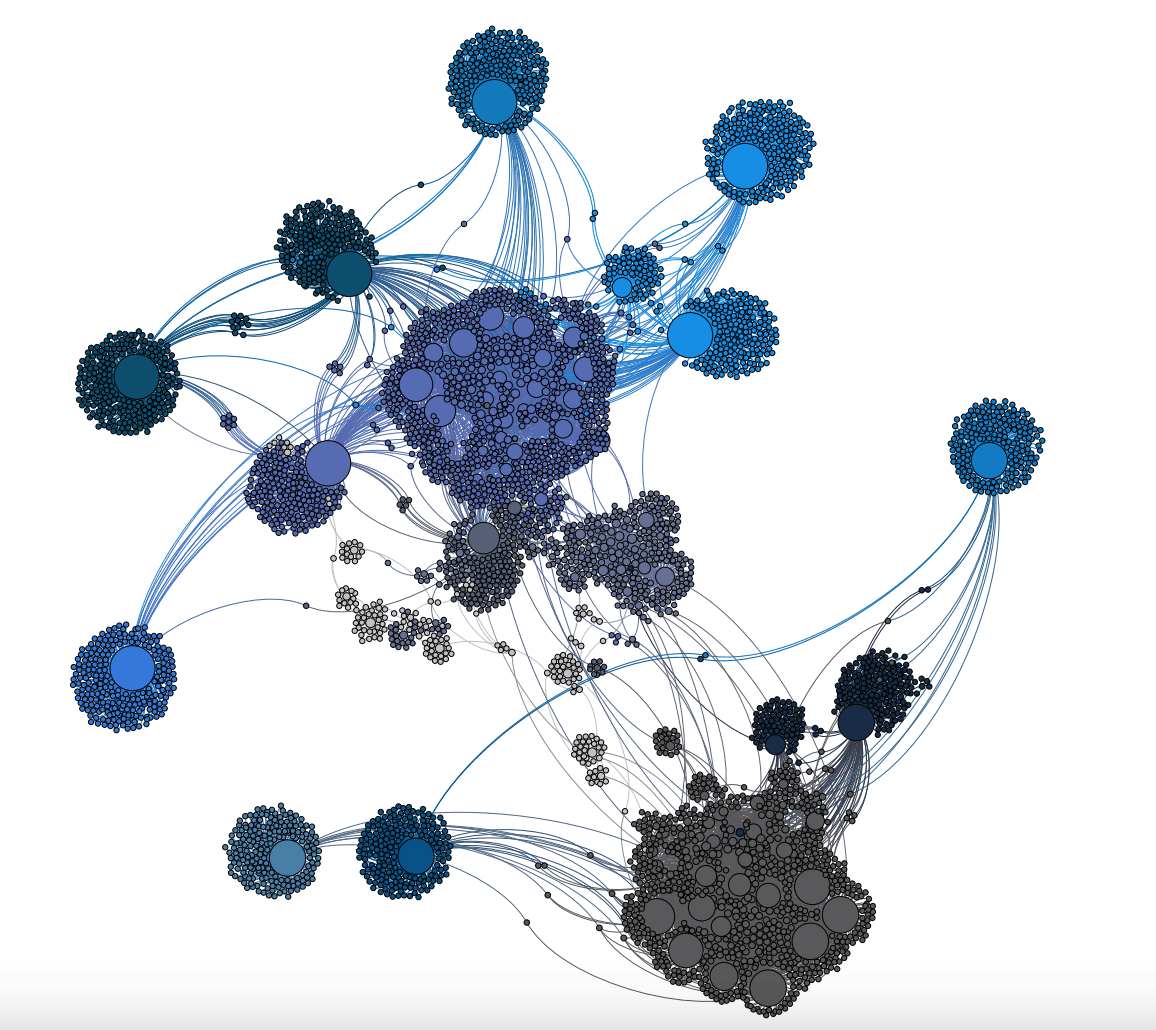A new report by the Stanford Cyber Policy Center uncovers a political consultancy’s attempt at using social media platforms to manufacture a fake grassroots social movement.
The report, titled: Reply-Guys Go Hunting: An Investigation into a U.S. Astroturfing Operation on Facebook, Twitter, and Instagram, uncovers the work of an Arizona-based consulting firm call Rally Forge.
According to the report:
“Rally Forge was executing electoral and issue-based astroturfing campaigns, in which a combination of real and inauthentic accounts posted comments and replies to relevant conversational threads on multiple platforms, with the intent of creating the perception of a groundswell of public opinion on one side of a particular topic.”
Rally Forge created Facebook user accounts and pages, as well as Twitter and Instagram profiles to help boost election-related content. For instance, on one Facebook page called “I Love My Country USA” Rally Forge ran “a conspiracy-theory-driven Facebook meme campaign to support Donald Trump during the 2016 campaign.”
To create profile pics for fake Facebook and Instagram accounts, Rally Forge used an artificial intelligence technique called generative adversarial networks [GAN]. In a nutshell, GAN allows the creation of a new image by merging many images together until coherent. While at first glance the profile pics look real, upon closer inspection you can detect anomalies. For instance, in this image you can see that the ears are asymmetric and different in structure:

Rally Forge then created “soft” memes to draw in audience to their social accounts and boosted these memes by commenting and sharing via their fake social profiles.
For example, these pro-hunting memes were produced and distributed on a page called Proud American Hunter:

As these soft memes drew in audience, the campaign shifted to more politically polarizing content like this:

These disinformation tactics are not new. We know from past investigations that Russia used a similar strategy in the 2016 U.S. election cycle. In one case, a Russian online troll farm used “soft” Facebook memes related to Black empowerment, and then flipped a switch and ran anti-Clinton memes as election day drew near.
